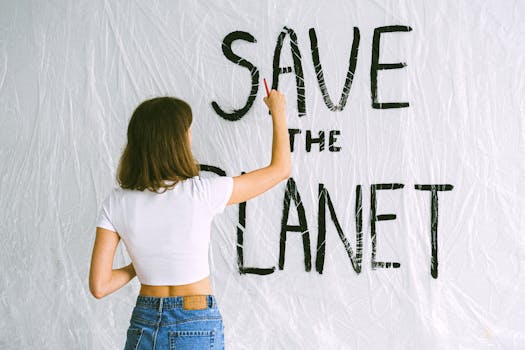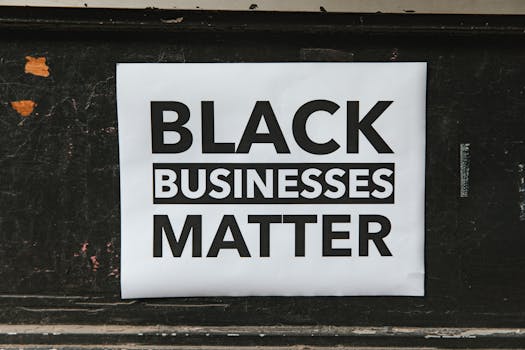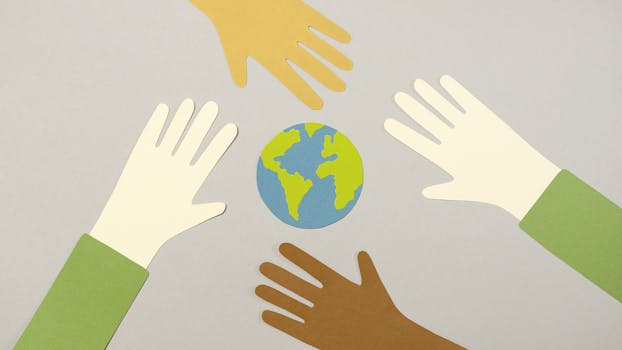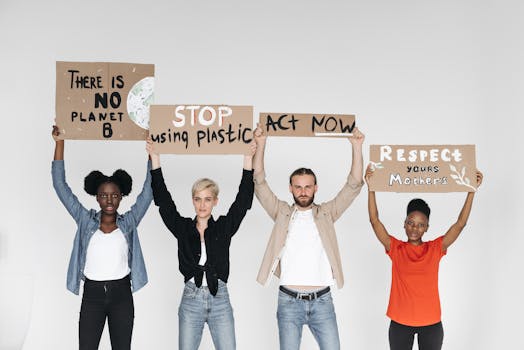
Cultural Shifts and Societal Trends Leading to 2025: A New Era of Diversity and Inclusion
Cultural shifts and societal trends are leading to a new era of diversity and inclusion as we approach 2025. The world is becoming increasingly interconnected, and technological advancements are transforming the way we live, work, and interact with each other. In this article, we’ll explore the key drivers of these changes and their impact on our lives.
Section 1: The Rise of Diversity and Inclusion

The rise of diversity and inclusion is one of the most significant cultural shifts of our time. As the world becomes more interconnected, we’re seeing a growing recognition of the importance of diversity, equity, and inclusion. This shift is driven by the increasing diversity of the global population, advances in technology, and the growing awareness of social and environmental issues.
According to a report by the United Nations, the global population is projected to reach 9.7 billion by 2025, with significant increases in urbanization and migration. This diversity will bring new opportunities for innovation, creativity, and economic growth, but it also poses challenges for social cohesion and inclusion.
Section 2: The Impact of Technology on Society

Technology is transforming the way we live, work, and interact with each other. The rise of artificial intelligence, Internet of Things, and blockchain is creating new opportunities for innovation, efficiency, and productivity. However, it also poses challenges for employment, education, and social inequality.
A report by the McKinsey Global Institute found that up to 800 million jobs could be lost worldwide due to automation by 2030. However, the same report also found that up to 140 million new jobs could be created in the same period, driven by technological advancements and changes in consumer behavior.
Section 3: The Growing Importance of Sustainability and Environmentalism

The growing importance of sustainability and environmentalism is another significant cultural shift of our time. As concerns about climate change, pollution, and environmental degradation continue to grow, individuals, businesses, and governments are increasingly recognizing the need for sustainable practices and environmental stewardship.
A report by the Intergovernmental Panel on Climate Change found that in order to limit global warming to 1.5°C above pre-industrial levels, we need to reduce greenhouse gas emissions by 45% by 2030 and reach net-zero by 2050. This will require significant changes in the way we produce, consume, and dispose of goods and services.
Section 4: The Future of Work and Education

The future of work and education is being shaped by technological advancements, demographic changes, and shifting societal values. As automation and artificial intelligence continue to transform the workforce, there is a growing need for workers to develop new skills and adapt to changing job requirements.
A report by the World Economic Forum found that by 2025, 50% of the global workforce will need to be reskilled, with a focus on emerging technologies, data analysis, and creative problem-solving. This will require significant investments in education and training, as well as a shift towards lifelong learning and continuous skill development.
Section 5: Conclusion

In conclusion, the cultural shifts and societal trends leading to 2025 are complex, multifaceted, and far-reaching. As we approach this milestone, it’s essential to understand the drivers of these changes and their impact on our lives. By recognizing the importance of diversity, inclusion, sustainability, and technological advancements, we can work towards creating a more equitable, just, and prosperous world for all.



